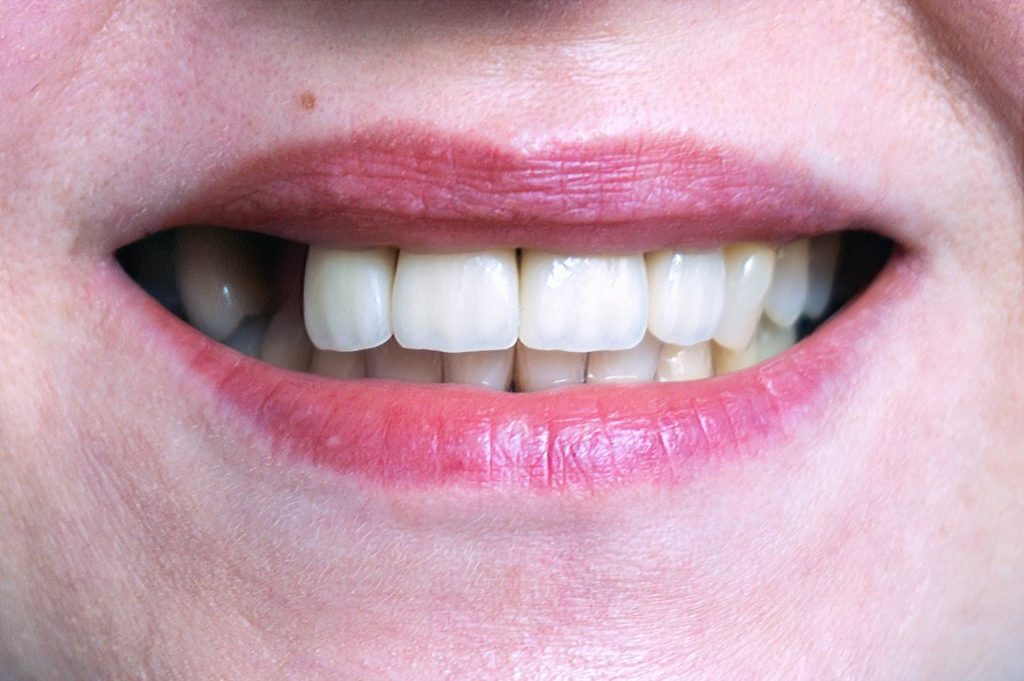Losing your teeth can be an overwhelming experience. Not only is your smile altered, but you also have to consider tooth replacement options. If the process becomes too much, you may consider not choosing an option at all. Unfortunately, this is not an option that is beneficial for you. If you don’t replace your missing teeth, you can cause more damage to your oral health and even your overall health.

Additional Tooth Loss
If you wait too long to address your missing teeth, your remaining teeth will begin to shift. This is because your teeth need the pressure of nearby teeth to keep them in place. Once one tooth goes, your teeth no longer have enough stability to remain in position. As a result, your teeth will move, creating malocclusions, such as crooked teeth or spacing.
Additionally, the loss of stability can cause your teeth to loosen. This means that you can lose more teeth. While crooked teeth or spacing issues can cause oral health problems, fixing a lost tooth is vital to keep the rest of your teeth.
Bone Deterioration
The longer you wait to replace your missing tooth, the more likely you will experience bone deterioration in your jaw. This is because the jaw needs the stimulation of your teeth touching and working together as you speak, eat, or even rest. However, a missing tooth can disrupt the stimulation that your jaw requires. Therefore, your jaw cannot receive stimulation without a tooth, eventually causing deterioration.
This can also affect your surrounding teeth. When the bone begins to deteriorate, there is no foundation for your teeth to remain stable. As a result, bone deterioration can also cause further tooth loss.
Not only does this affect the function of your mouth, but it can also change your facial appearance. You will no longer be able to eat or speak efficiently, and your face will undergo changes. Your teeth and bones give structure and shape to your face. Without it, it is likely that your face will shorten, and your lips and chin will stick out.
Poor Nutrition
Without the proper use of your teeth and jaws, you are more likely to encounter poor nutrition. Studies show that tooth loss, especially total tooth loss, is associated with an inability to eat certain foods. In fact, people with no teeth or missing teeth are less likely to eat fruits and vegetables. Unfortunately, this can lead to poor nutrition and deficiencies.
When you don’t have all of your teeth, it can be difficult to eat certain foods—like fibrous fruits and vegetables. This can lead people to eat more unhealthy foods because they are easier to eat.
Increased Risk of Poor Health
If your teeth, or lack thereof, cause poor nutrition, you are more likely to have poor health overall. Your body needs the vitamins and minerals from fruits and vegetables. People with tooth loss are at an increased risk of developing cardiovascular disease and diabetes. This is partially due to their diet and partially due to poor nutrition.
